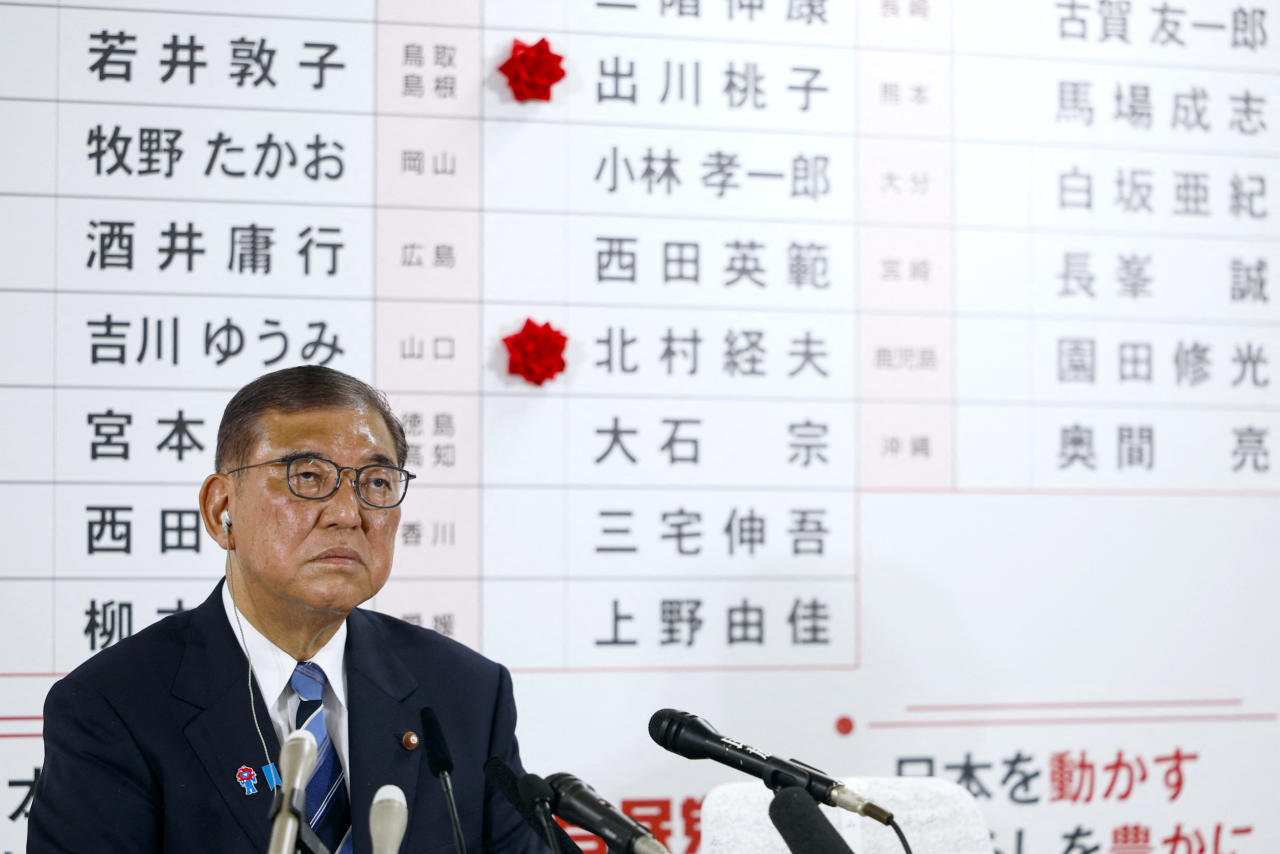Japan’s Election Results Challenge Trade Negotiations with US

The recent elections in Japan have significantly impacted the political landscape, raising questions about the future of trade negotiations with the United States. The ruling coalition, led by Prime Minister Fumio Kishida, faced unexpected challenges, potentially jeopardizing his position and complicating efforts to secure a trade deal before the crucial August tariff deadline.
In the elections held on July 10, 2023, the ruling coalition experienced a notable setback, losing several key seats in the Diet. This outcome not only diminishes the coalition’s majority but also puts Kishida under pressure as he seeks to maintain his leadership amidst growing discontent among voters. Analysts suggest that these results could hinder Japan’s ability to negotiate effectively with Washington, especially regarding tariffs on Japanese goods.
The trade talks between Japan and the United States have been a focal point of Kishida’s administration. The August deadline for tariff discussions is critical, as both nations aim to finalize agreements that will impact various sectors, including automotive and agricultural exports. With the ruling coalition’s weakened position, Kishida may struggle to present a unified front in negotiations, which could lead to delays or unfavorable outcomes.
Political analysts emphasize that Kishida’s leadership style and decision-making will be scrutinized in the coming weeks. If he is unable to navigate the challenges posed by the election results, it may open the door for opposition parties to gain traction. This political turbulence also raises questions about Japan’s economic stability, as uncertainty in leadership can deter foreign investment and affect market confidence.
The implications of this election extend beyond domestic politics. Japan’s relationship with the United States is vital for both nations, particularly in the context of regional security and economic partnerships. Given the current geopolitical climate, maintaining strong trade relations is crucial for Japan, especially as it seeks to bolster its economy in the face of global challenges.
As the Kishida administration grapples with its new reality, the upcoming weeks will be pivotal in shaping Japan’s trade policy and its broader economic strategy. Observers will be closely monitoring how Kishida responds to these electoral outcomes and whether he can reposition his government to achieve a favorable trade agreement with the United States before the looming deadline.
In summary, the recent election results have significantly altered the political dynamics in Japan, posing challenges for Prime Minister Fumio Kishida as he navigates trade negotiations with the United States. The next steps taken by his administration will be critical, not only for Japan’s internal politics but also for its economic future on the global stage.






